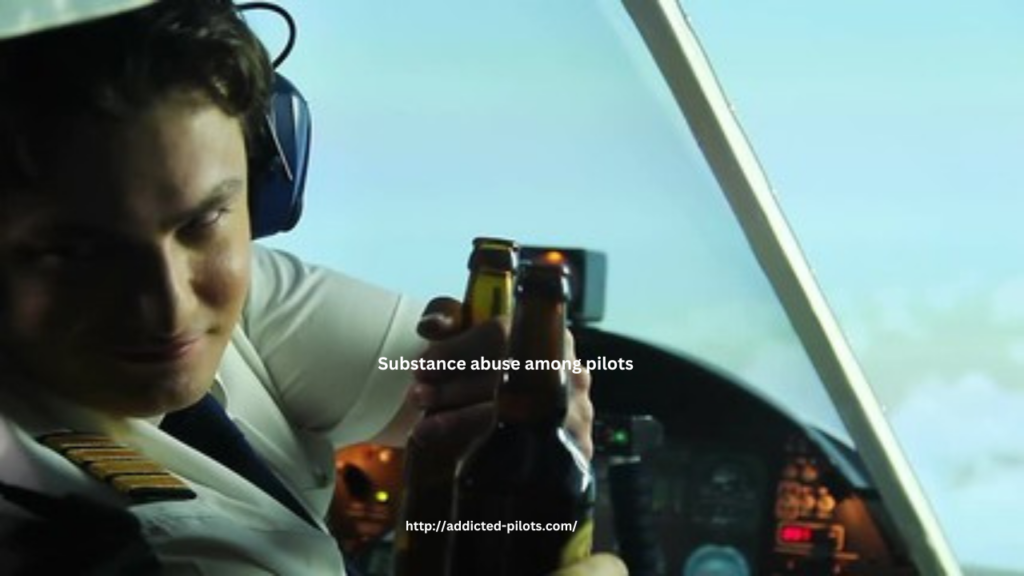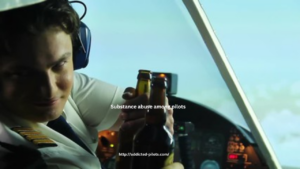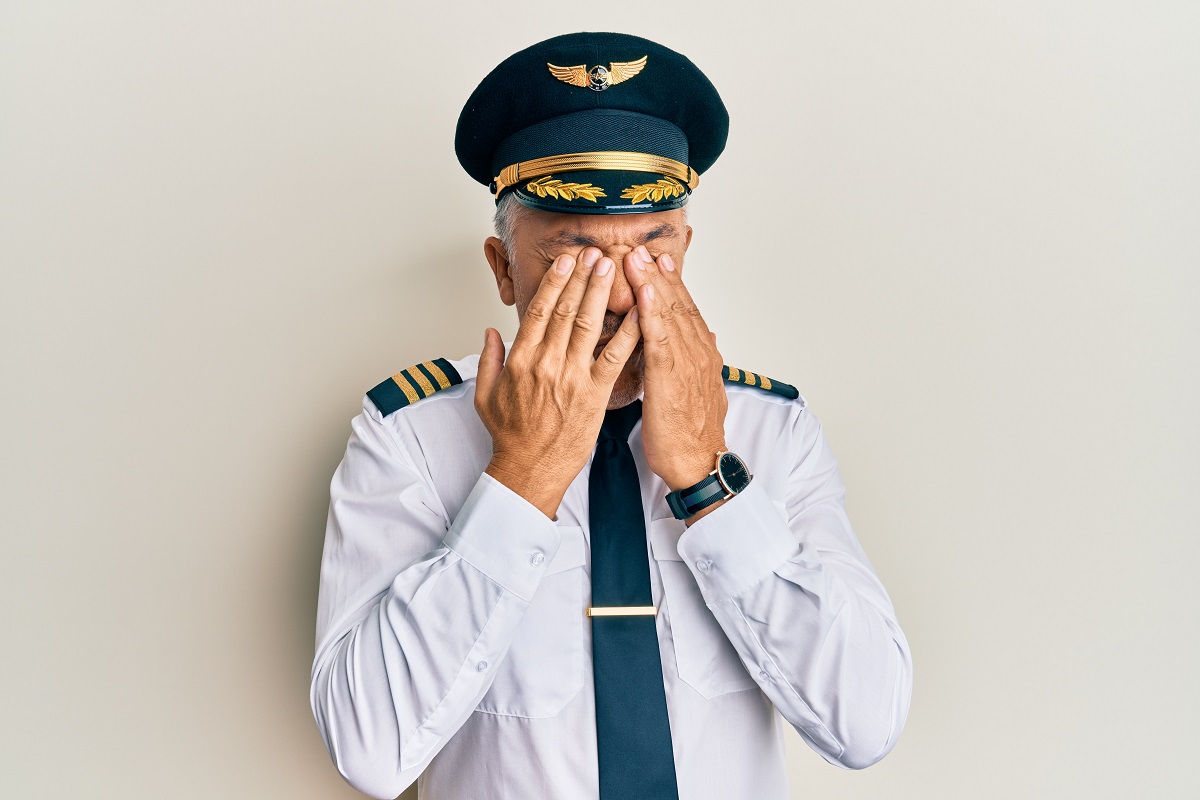
The life of a pilot is often glamorized, with images of adventure, prestige, and high salaries. However, behind the cockpit doors, pilots face extreme stress, pressure, and unique challenges that can drive some to substance abuse. The aviation industry demands precision, responsibility, and peak mental and physical performance, yet the psychological toll on pilots is often overlooked.
The Pressures of Being a Pilot
Pilots operate in a high-stakes environment where even a minor mistake can have catastrophic consequences. The constant pressure to perform flawlessly, coupled with long and irregular working hours, can lead to chronic stress and fatigue. Many pilots experience sleep deprivation due to erratic schedules and jet lag, which can exacerbate mental health struggles.
Moreover, pilots often spend extended periods away from their families, leading to feelings of isolation and loneliness. The inability to maintain regular social connections can increase their susceptibility to stress, anxiety, and depression. Over time, these stressors can become overwhelming, prompting some pilots to turn to drugs or alcohol as a coping mechanism.
The Role of Alcohol and Drugs in Coping
Alcohol is one of the most commonly abused substances among pilots. After long, exhausting flights, some pilots resort to alcohol as a way to relax and disconnect from the pressures of their job. The culture of drinking within certain aviation circles can also contribute to problematic alcohol use.
Prescription medications, such as benzodiazepines and opioids, are another area of concern. Pilots may be prescribed these drugs for anxiety, pain, or sleep disorders, but prolonged use can lead to dependency. Stimulants, such as amphetamines, are sometimes misused by pilots seeking to combat fatigue and maintain alertness, but this can have dangerous side effects, including impaired judgment and erratic behavior.
The Consequences of Substance Abuse in Aviation
 Substance abuse among pilots poses significant risks not only to their personal health but also to passenger safety. Impaired cognitive function, slowed reaction times, and poor decision-making can lead to catastrophic outcomes. Aviation authorities have strict guidelines and conduct routine drug and alcohol testing, but some cases still slip through the cracks.
Substance abuse among pilots poses significant risks not only to their personal health but also to passenger safety. Impaired cognitive function, slowed reaction times, and poor decision-making can lead to catastrophic outcomes. Aviation authorities have strict guidelines and conduct routine drug and alcohol testing, but some cases still slip through the cracks.
Pilots caught under the influence face severe consequences, including license suspension, job termination, and legal penalties. However, the fear of these repercussions often prevents pilots from seeking help, trapping them in a cycle of addiction.
Seeking Help and Finding Solutions
Despite the risks, there is hope for pilots struggling with substance abuse. Programs such as the Human Intervention Motivation Study (HIMS) provide specialized support, helping pilots recover and return to work safely. Aviation employers and regulatory bodies must prioritize mental health support, create non-punitive avenues for pilots to seek help, and reduce the stigma around addiction.
A Safer Future for Pilots and Passengers
Recognizing the link between high stress and substance abuse in aviation is crucial. By fostering a culture of openness and support, the industry can help pilots cope with their challenges in healthier ways. Ensuring pilots receive proper mental health care and work-life balance can lead to safer skies for everyone.
